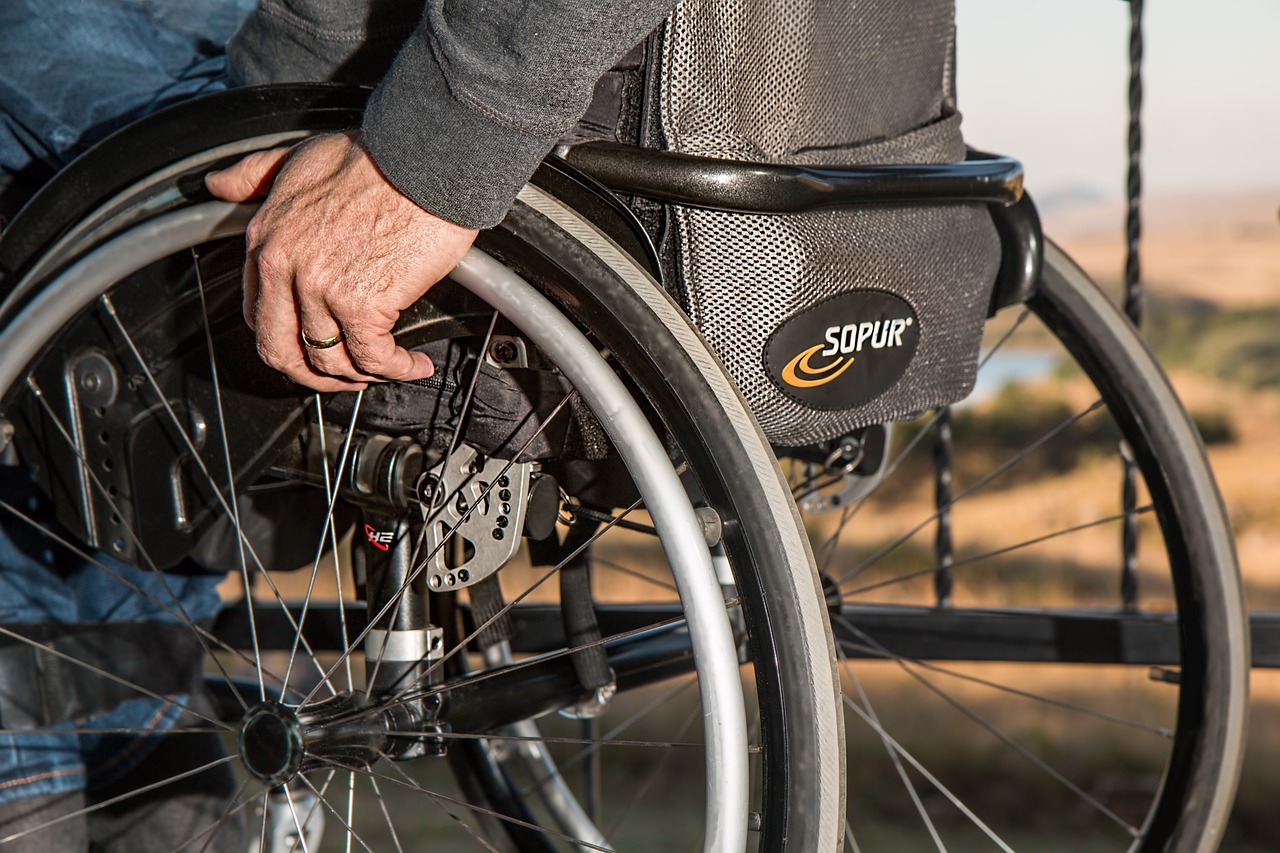In today’s society, the way we speak about disability has a profound impact on how individuals with disabilities are perceived and treated. Language shapes thought, and by choosing words thoughtfully, we can foster a more inclusive and respectful environment. This blog aims to explore the importance of positive, person-first language when discussing disability, highlighting examples of terms that not only respect the individuality of people with disabilities but also promote their abilities and contributions.
The Power of Person-First Language
Person-first language is a linguistic approach that places the individual before their disability. This framing emphasizes humanity and individuality over any condition they may have. For instance, saying “a person with a disability” rather than “disabled person” underscores that the individual is not defined by their disability alone. This shift in language is crucial for promoting inclusivity and dignity.
Using positive terms for disability, like “differently-abled” and “ability-diverse,” fosters a more inclusive and respectful conversation that emphasizes strengths rather than limitations.
Focusing on Abilities
Words have the power to either limit or empower. Terms that highlight what individuals can do, rather than what they cannot, foster a positive and empowering narrative. For example, using “wheelchair user” instead of “confined to a wheelchair” shifts the focus from limitation to functional mobility. This perspective not only respects the person’s autonomy but also promotes a more accurate understanding of their capabilities.
Redefining Needs
The term “special needs” has been commonly used to describe the additional requirements of individuals with disabilities. However, this term can sometimes carry a connotation of otherness. Reframing this to “individual needs” or “unique needs” acknowledges that everyone has specific requirements and preferences. This approach normalises the concept of diverse needs, making it more inclusive and less stigmatizing.
Accessibility Over Handicap
Traditional terms such as “handicapped parking” or “handicapped entrance” often carry outdated and negative connotations. Shifting to “accessible parking” or “accessible entrance” focuses on the design and function of spaces and facilities, ensuring they are easy to use for everyone. This change in terminology helps to create an environment where inclusivity is the norm, rather than the exception.
Living With, Not Suffering From
The way we describe conditions can significantly influence perceptions. Using the phrase “lives with” instead of “suffers from” when referring to a disability emphasises resilience and the ability to manage and thrive despite challenges. This language choice highlights the person’s strength and adaptability, fostering a more positive and respectful narrative.
The Impact of Positive Language
Adopting positive, person-first language is more than just a matter of political correctness; it has real-world implications for the dignity and equality of individuals with disabilities. When caregivers, advocates, and the broader community use respectful and empowering language, they contribute to a culture that values all individuals for their strengths and potential.
This shift in language can lead to:
- Enhanced Self-Esteem: Individuals with disabilities often internalise societal attitudes. Positive language can help in building self-esteem and a positive self-image.
- Improved Social Inclusion: When the language is inclusive, social barriers are reduced, leading to greater participation and integration in community activities.
- Increased Advocacy: Advocates who use empowering language can more effectively campaign for the rights and needs of individuals with disabilities.
Conclusion
Language is a powerful tool that can either reinforce stereotypes or challenge and change them. By adopting positive, person-first language, we can help reframe the narrative around disability, highlighting abilities and contributions over limitations. This not only promotes a more inclusive and respectful society but also empowers individuals with disabilities to live their lives with dignity and pride.
If you’re a caregiver, advocate, or part of the differently-abled community, consider how your words can make a difference. Let’s work together to create a world where every individual is valued for their unique abilities and contributions.
